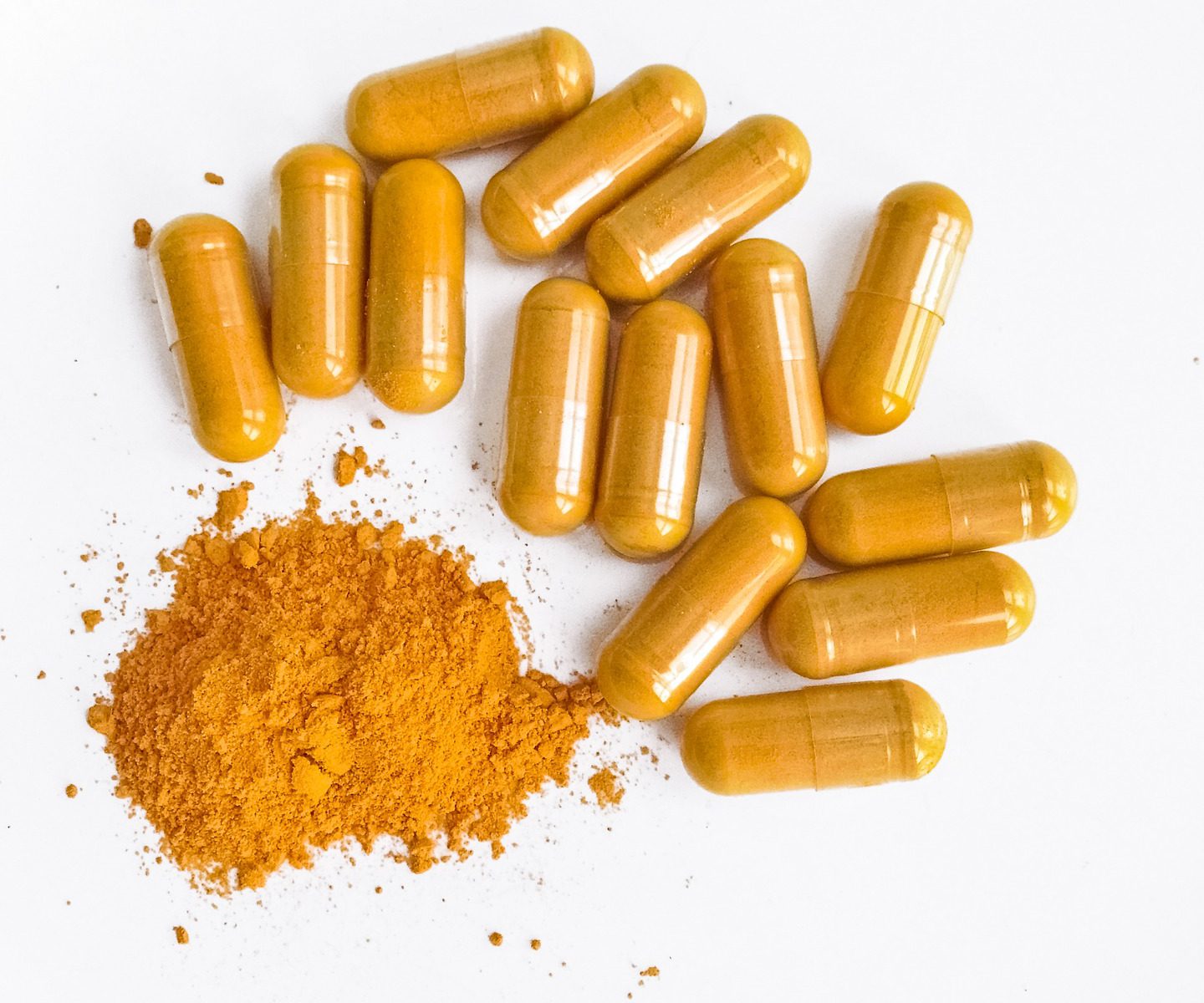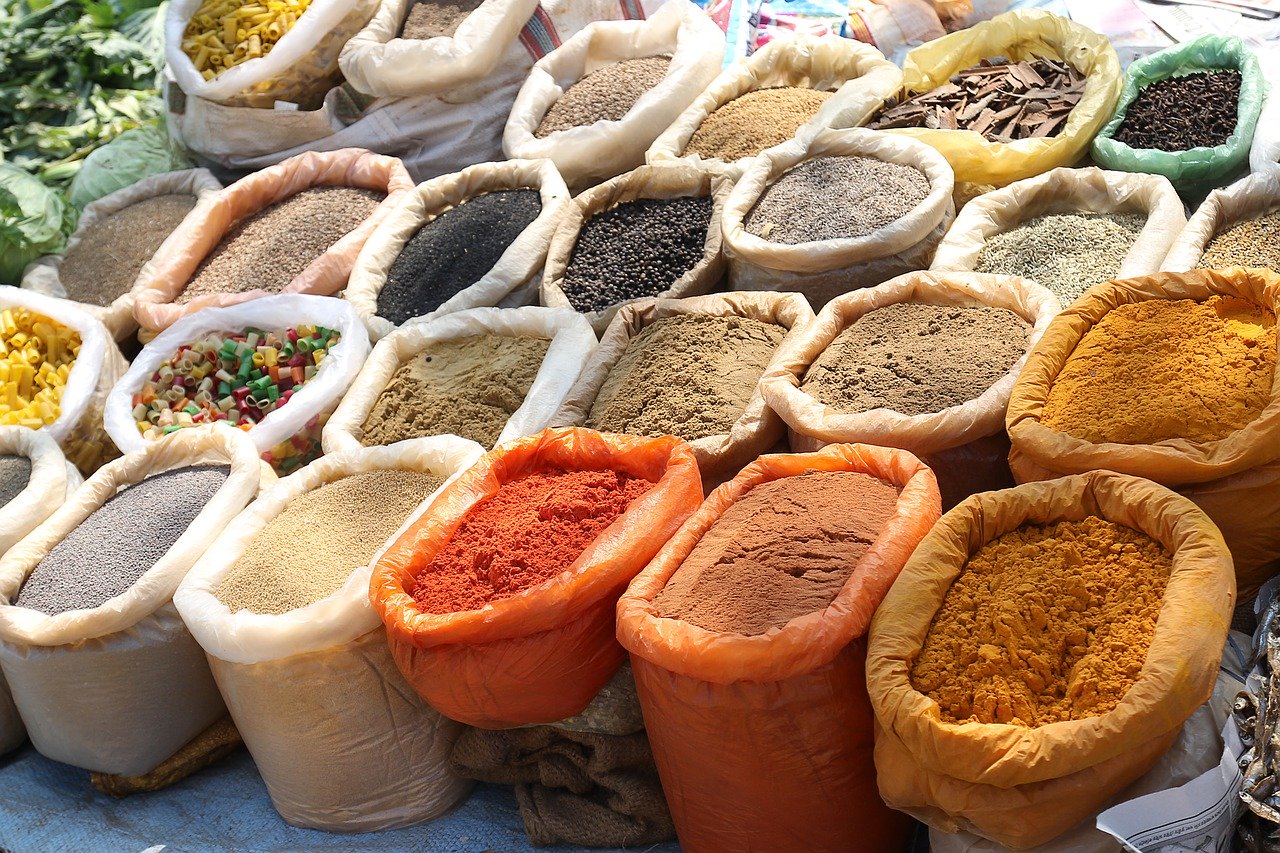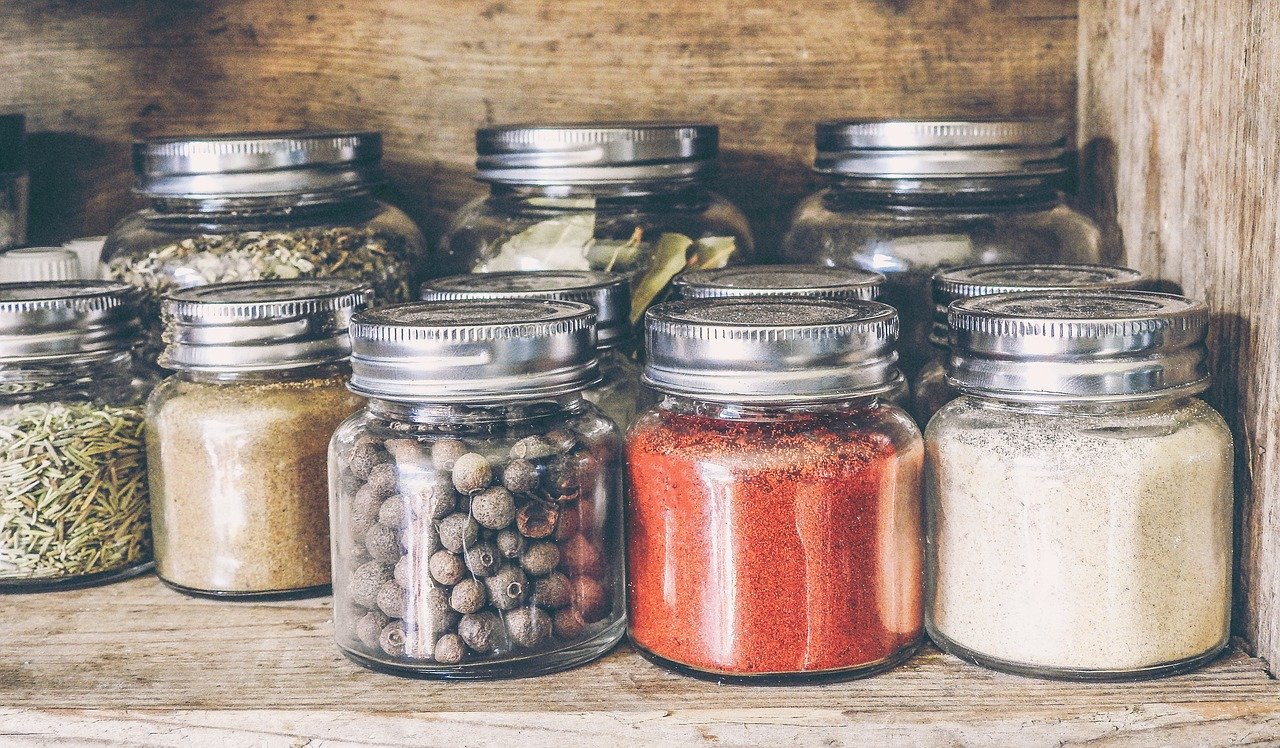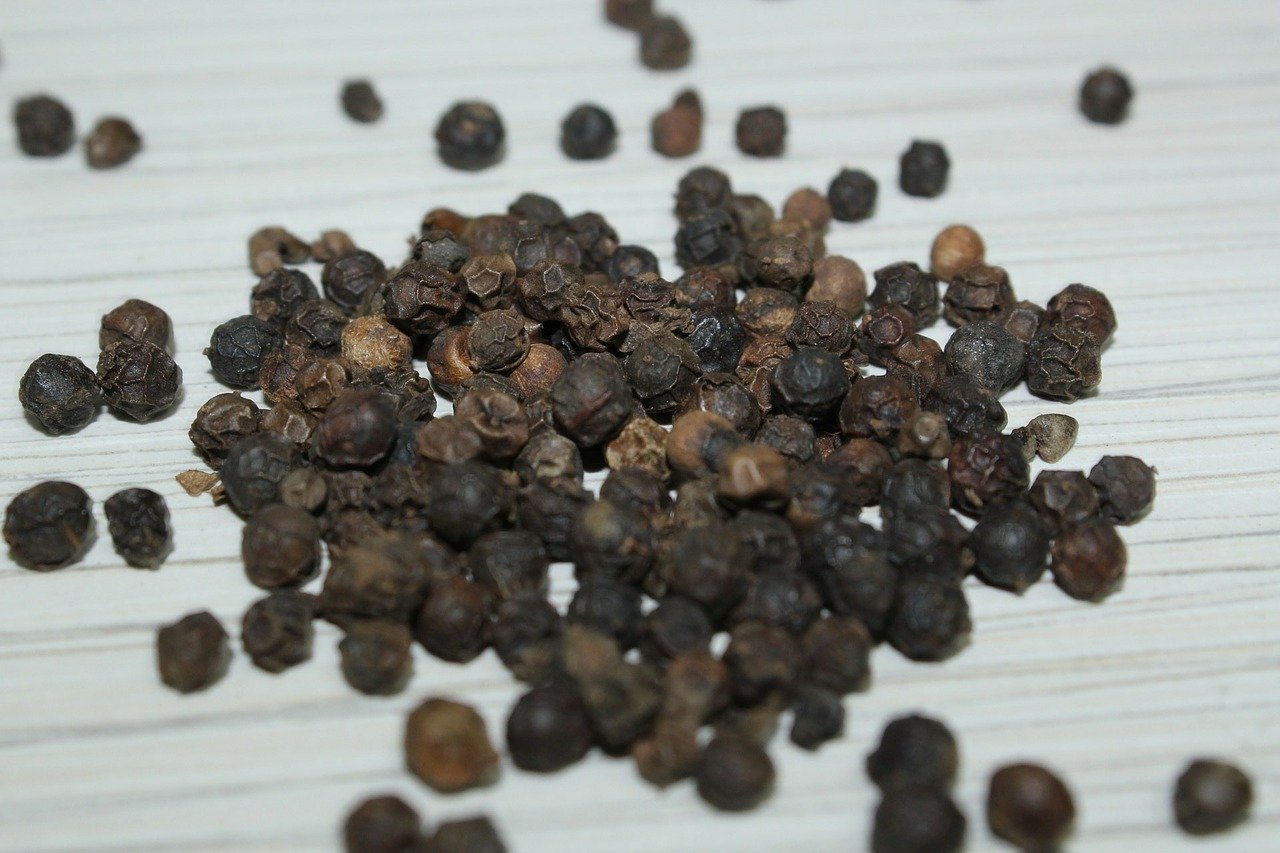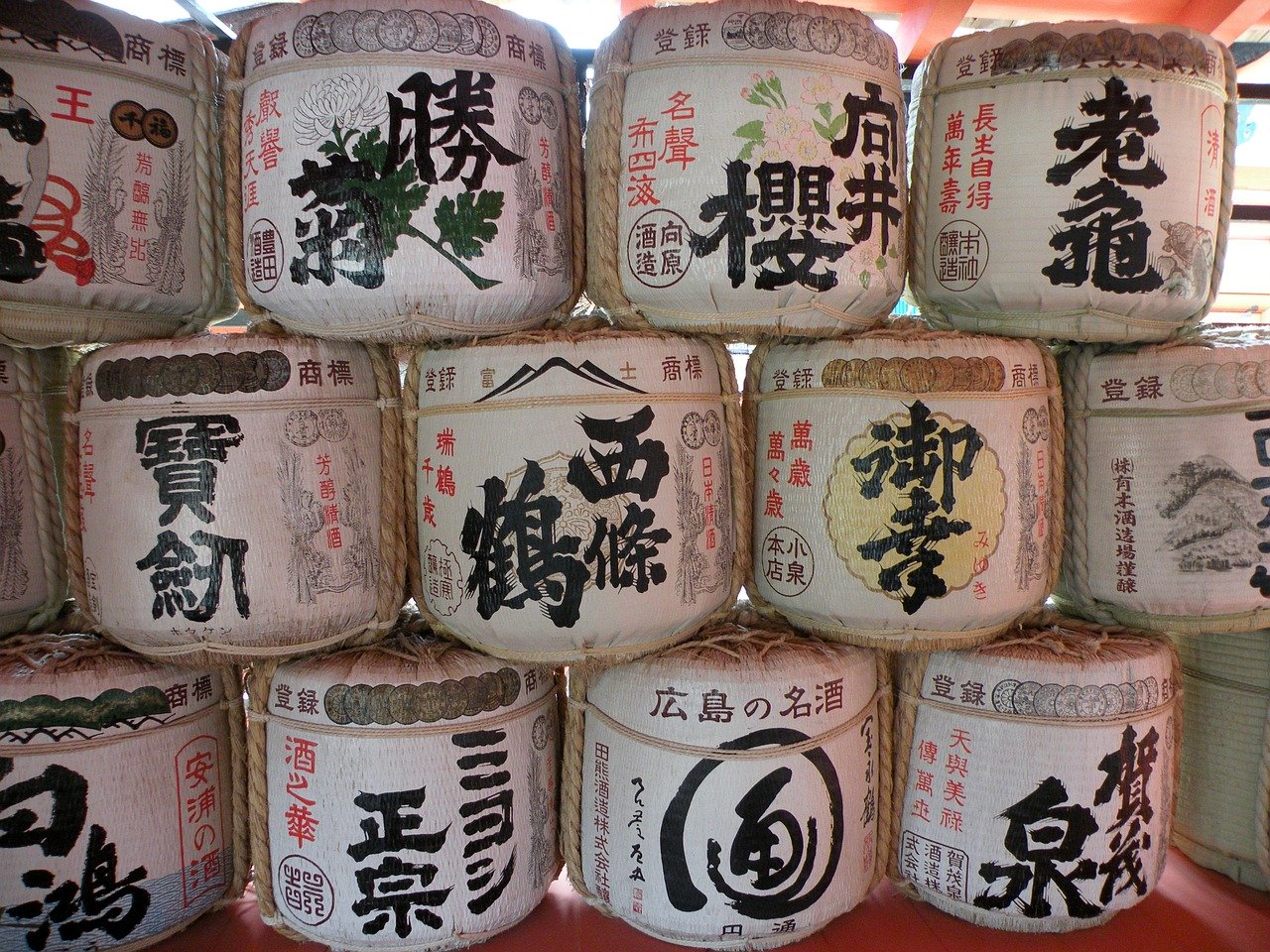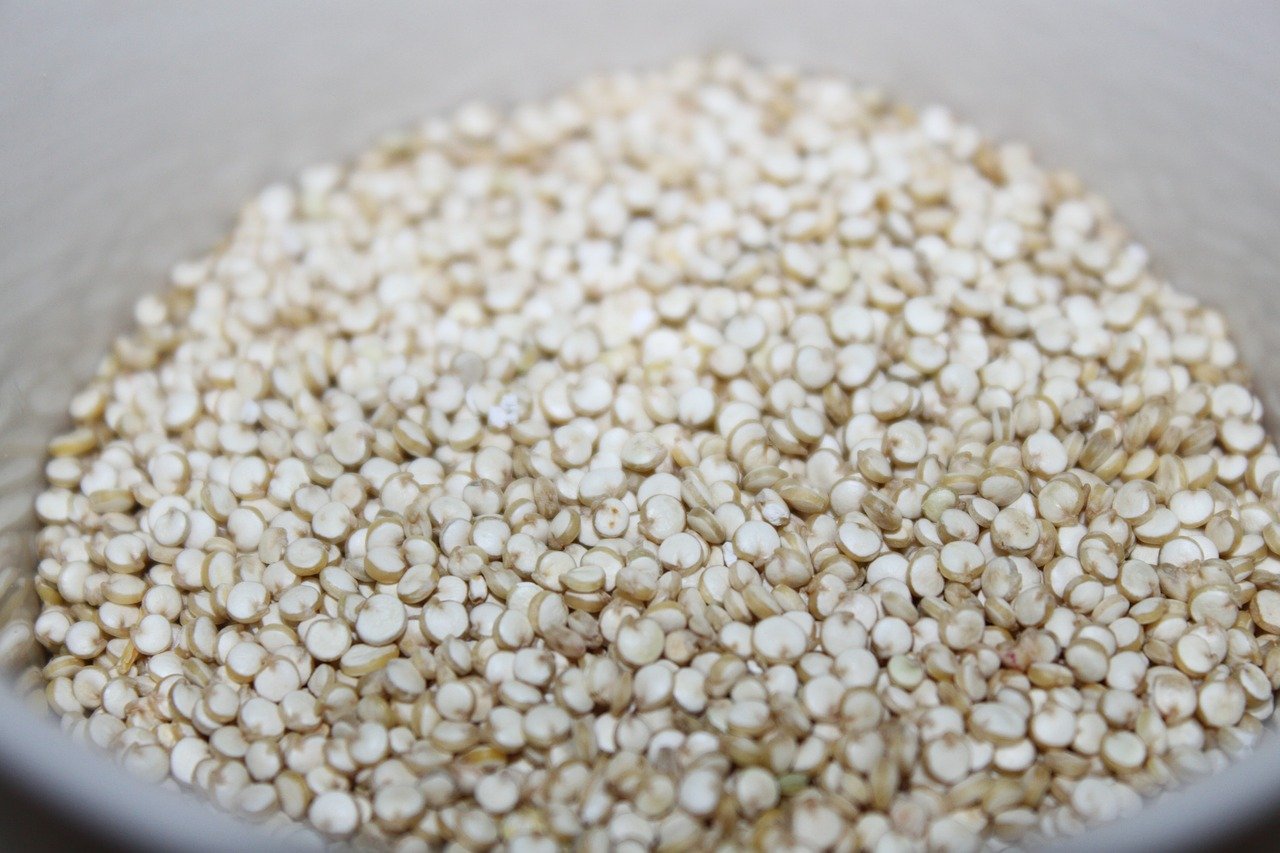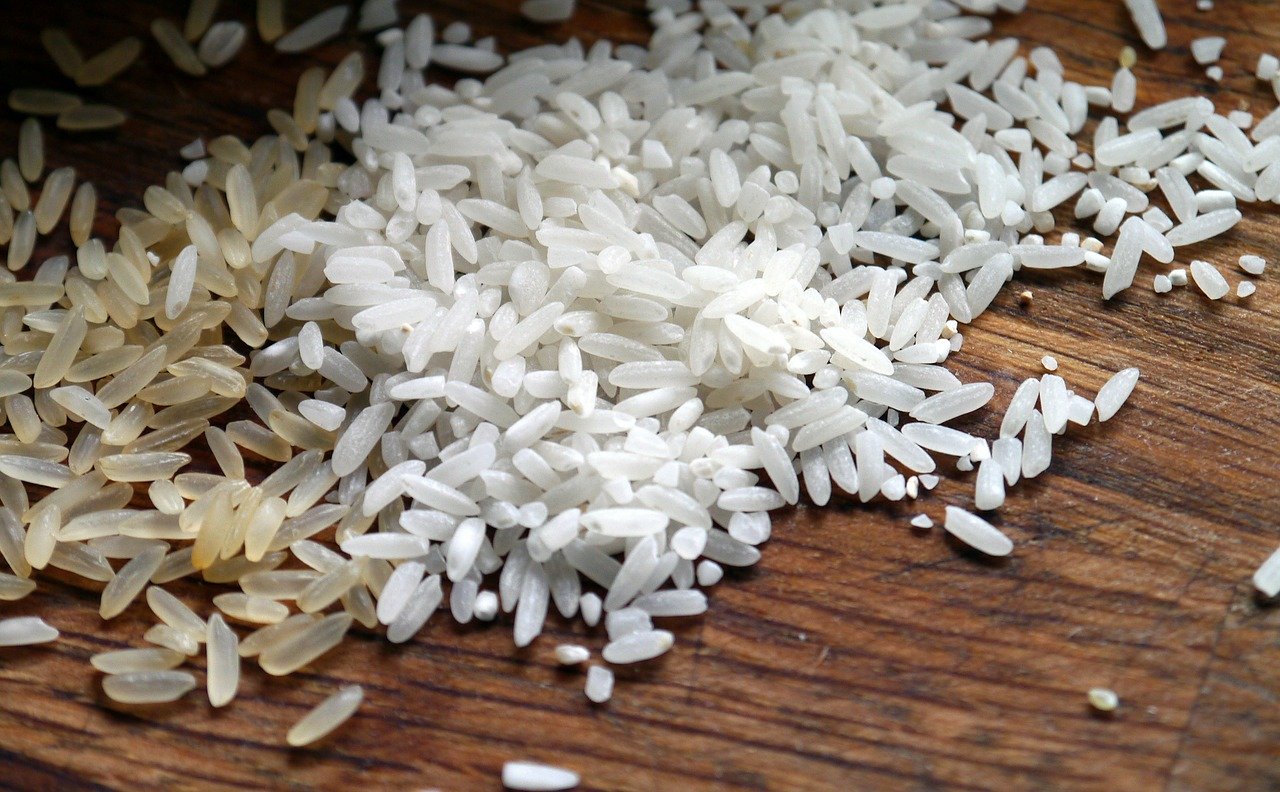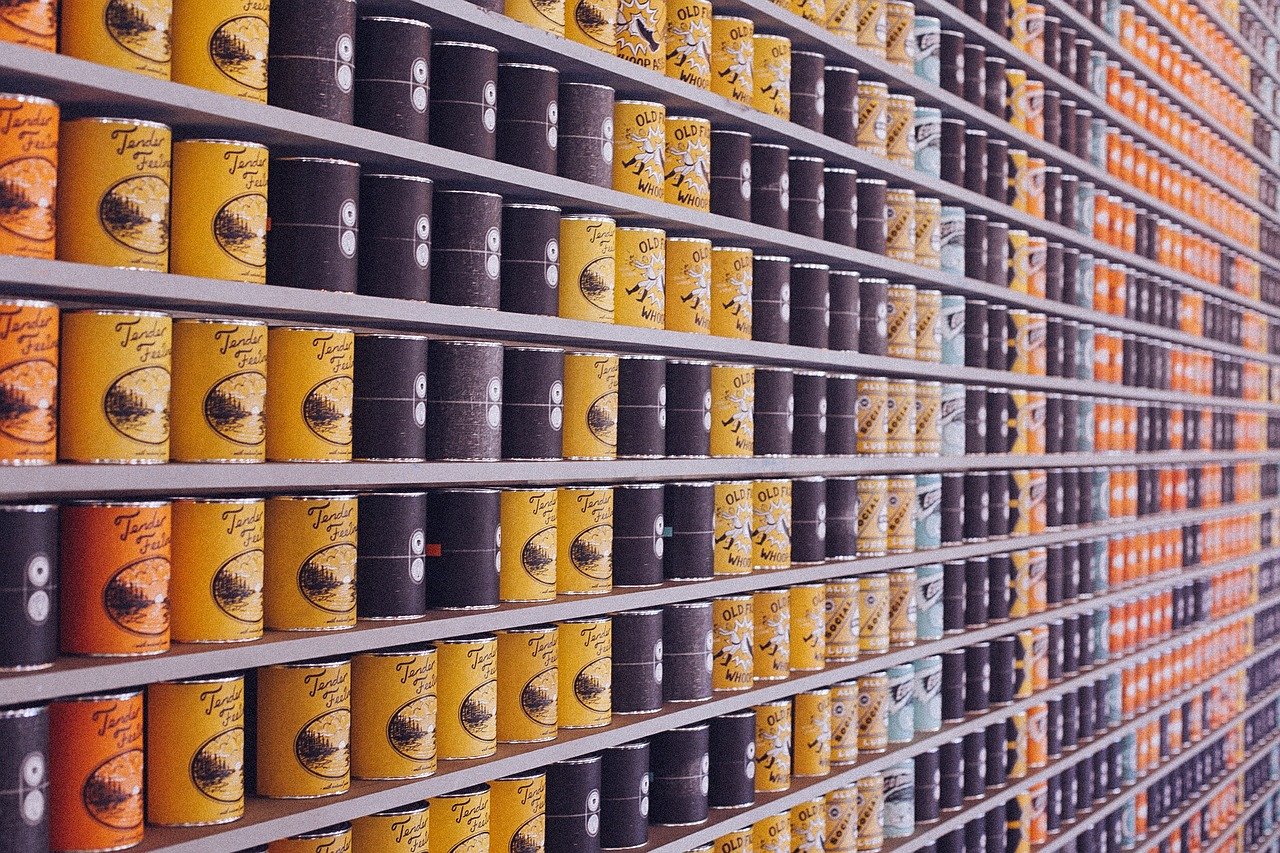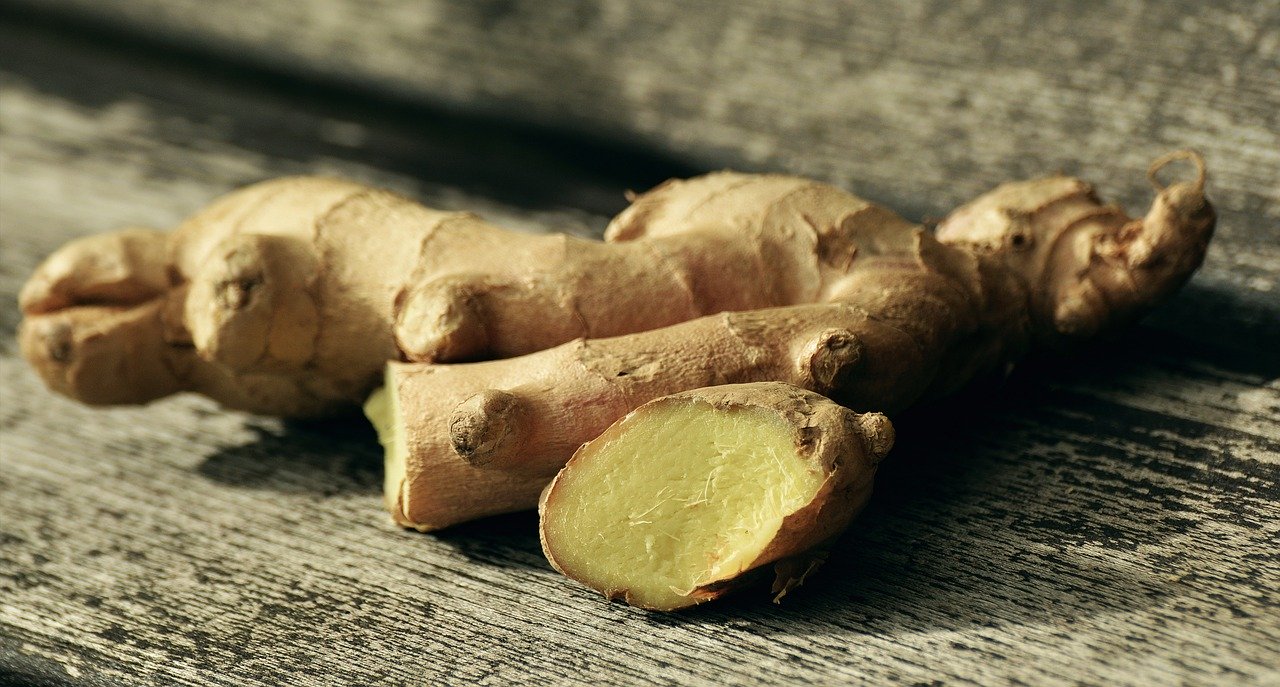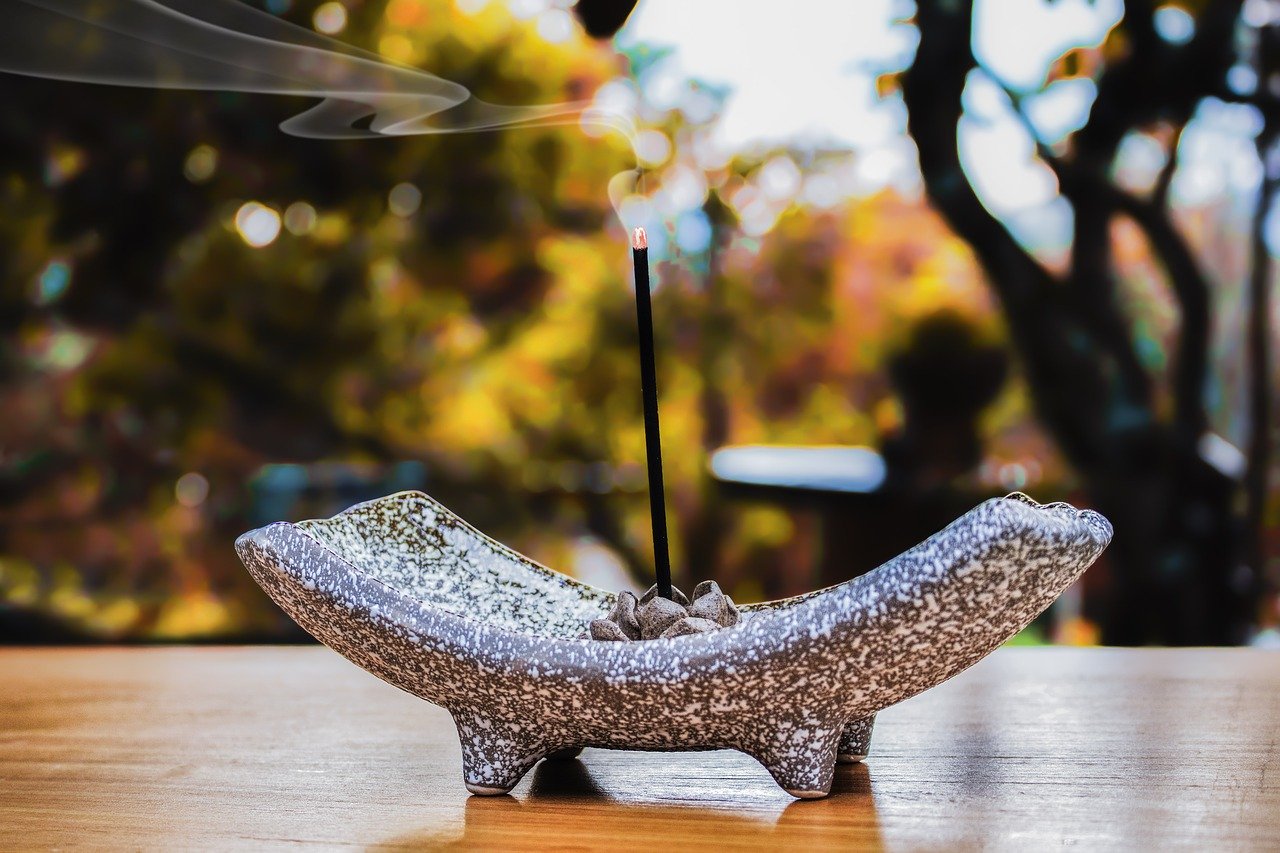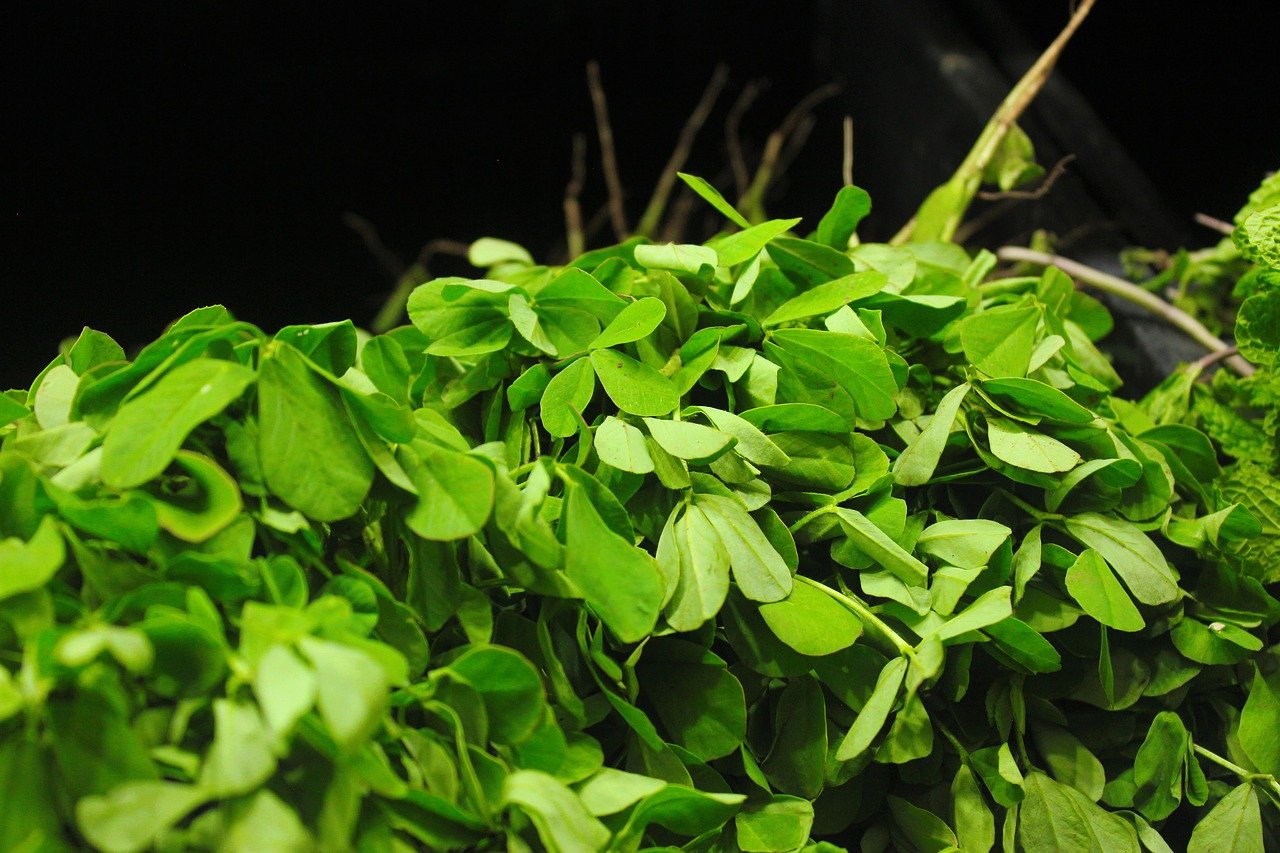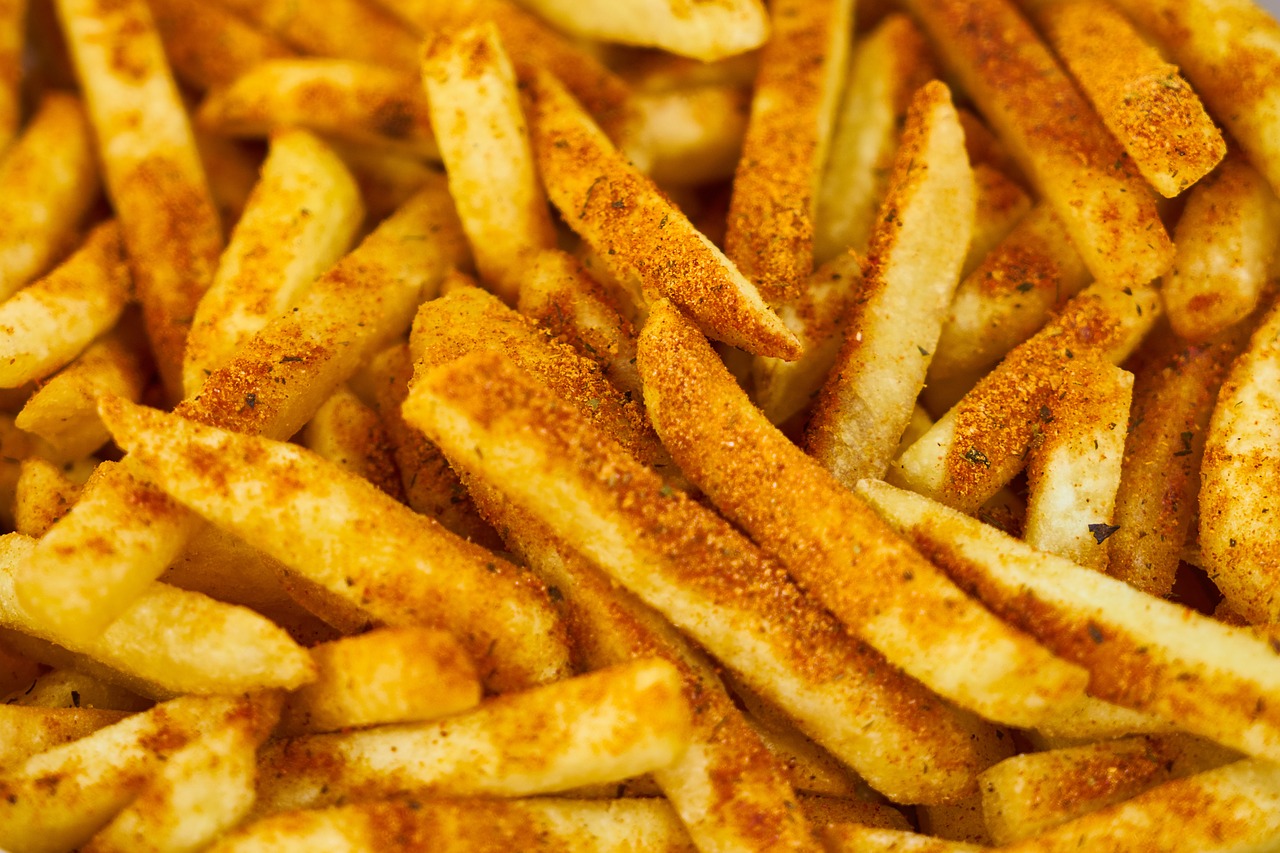In March 2020 researchers from Greece published the results of their study to assess the mode of action of curcumin in psoriatic disease. The researchers stated that studies have shown … Read more
Herbs and spices appear to have antioxidant, anti-microbial, and anti-inflammatory properties and they may in addition reduce the risk of developing chronic diseases, eg cardiovascular disease, neurodegenerative conditions, chronic inflammation, arthritis, cancer, obesity and diabetes type 2
In May 2019 researchers from Canada published their review of the medical scientific literature to identify and assess specific biomarkers in 25 herbs and spices, namely anise, basil, black pepper, … Read more
Adding 6 g spice blend (basil, bay leaf, black pepper, cinnamon, coriander, cumin, ginger, oregano, parsley, red pepper, rosemary, thyme, and turmeric) to a high-saturated-fat, high-carbohydrate meal reduced the postprandial effect of the meal regarding the secretion of the inflammatory cytokine, IL-1β, in overweight/obese men
In March 2020 researchers from the USA published the results of their study to assess the postprandial effect of a blend of spices in a high-saturated-fat, high-carbohydrate meal on inflammatory … Read more
Black pepper appears to have important pharmacological properties which warrant further research
In February 2019 researchers from Mauritius, India, South Africa and Turkey published their review on the medicinal aspects of black pepper (Piper nigrum L.). India was seen to have the … Read more
Replacing 5% of rice flour with orange pomace powder produced gluten-free cakes that received the highest acceptance scores in respect of colour, texture, appearance, flavour and overall acceptability
In February 2019 researchers from Turkey published the results of their study to assess the effect of different fibre sources (apple pomace powder, carrot pomace powder and orange pomace powder) … Read more
Rice wine lees supplements significantly improved visual selective attention and transthyretin levels but had no effect on other cognitive performance tests in physically active older adults
In February 2020 researchers from Japan published the results of their study to assess the effect of rice wine lees on cognitive function in physically active older adults. A total … Read more
A gluten-free cake, where 50% of rice flour and potato starch was substituted with quinoa flour, had the highest scores for both taste and overall acceptability
In February 2019 researchers from Turkey published their study to assess the effect of substituting rice flour and potato starch with different amounts of quinoa flour when making gluten free … Read more
The preparation and cooking methods applied for rice appear to effectively reduce the risks associated with toxic metals to an acceptable level, except for arsenic which was still at a level to be considered a carcinogenic risk
In July 2019 researchers from Iran published the results of their study to assess the effect of different pre-cooking and cooking methods on the concentration of toxic (arsenic, cadmium and … Read more
Food additives are one of the factors in ultra-processed foods causing concern, for whilst some food additives can be beneficial for human health, others may alter the composition of the gut microbiota and lead to inflammation, which in turn may lead to different forms of inflammatory disease
In October 2019 researchers from Qatar published their review of the association between a Western diet and chronic diseases. A Western diet is characterised by a high intake of energy-dense … Read more
Cooking does not consistently reduce the levels of per-and poly-fluoroalkyl substances found in seafood and cannot diminish dietary exposure
In May 2019 researchers from Australia published the results of their study to assess whether different cooking methods can potentially change the levels of per-and poly-fluoroalkyl substances found in seafood. … Read more
Increased levels of polycyclic aromatic hydrocarbons have been found in children and adolescents living in homes using domestic fuel, eg coal, wood, oil or gas for heating, or gas for cooking
In February 2020 researchers from Germany published the results of their study to assess the level of polycyclic aromatic hydrocarbons found in the urine of children. The researchers stated that … Read more
Dietary ginger taken by individuals with diabetes type 2 may significantly improve HbA1c levels
In March 2019 researchers from China published their review of the medical scientific literature to assess the effect of dietary ginger on fasting blood sugar and HbA1c levels in individuals … Read more
Exposure to different household pollutants during pregnancy may increase the risk of hyperactivity in children
In October 2019 researchers from China published the results of their study to assess whether exposure to household pollutants during pregnancy is associated with ADHD-like behaviour in children. A total … Read more
Fenugreek
Fenugreek (Trigonella foenum-graecum) seeds contain mucilage, trigonelline, 4-hydroxyisoleucine, sotolon, diosgenin, luteolin, phenolic acids, and protodioscin and is “generally recognized as safe” when used as a flavouring by the U.S. Food … Read more
Acrylamide
Acrylamide is a chemical that naturally forms in starchy foods during cooking at high temperatures, including frying, baking, and roasting. This chemical process ‘browns’ food and affects its taste. Acrylamide … Read more
Use of solid fuels for cooking increases the risk of both cardiovascular disease and respiratory disease
In May 2019 researchers from the USA, Canada, Brazil, Pakistan, Zimbabwe, Philippines, South Africa, India, Chile, China, Colombia, Bangladesh and Canada published the results of their study to assess the … Read more
Mizuna
Mizuna, also referred to as water greens, qian jing shui cai, kyona, Japanese mustard greens and spider mustard.
Rich souce of vitamin C, iron and folate. Also contains a glucosinolate … Read more
Kale
Kale, also referred to as leaf cabbage
Rich source of vitamin A, vitamin B6, vitamin C, folate and manganese and a moderate source of vitamin B1, vitamin B2, vitamin B5, … Read more
Cauliflower
Cauliflower, referred to as cauli-fiori in Italy. The heads can be white, orange (caused by beta-carotene), green (see broccoli Romanesco), and purple (caused by anthocyanins).
Rich source of vitamin C … Read more
Cabbage
Cabbage, types include savoy cabbage, red, white and green cabbage
Rich source of vitamin C and vitamin K and a moderate source of vitamin B6 and folate.
Also contains sulforaphane. … Read more

